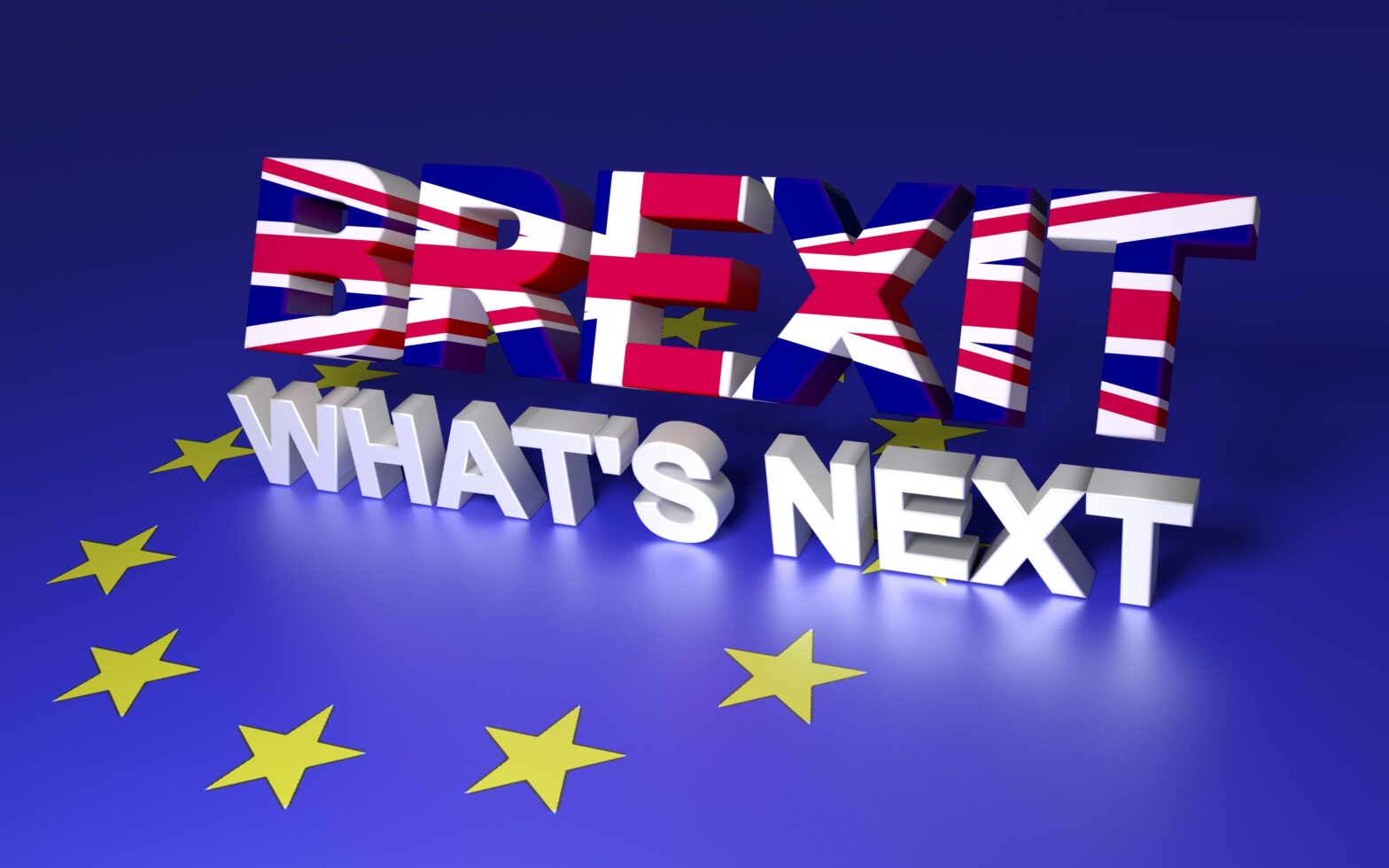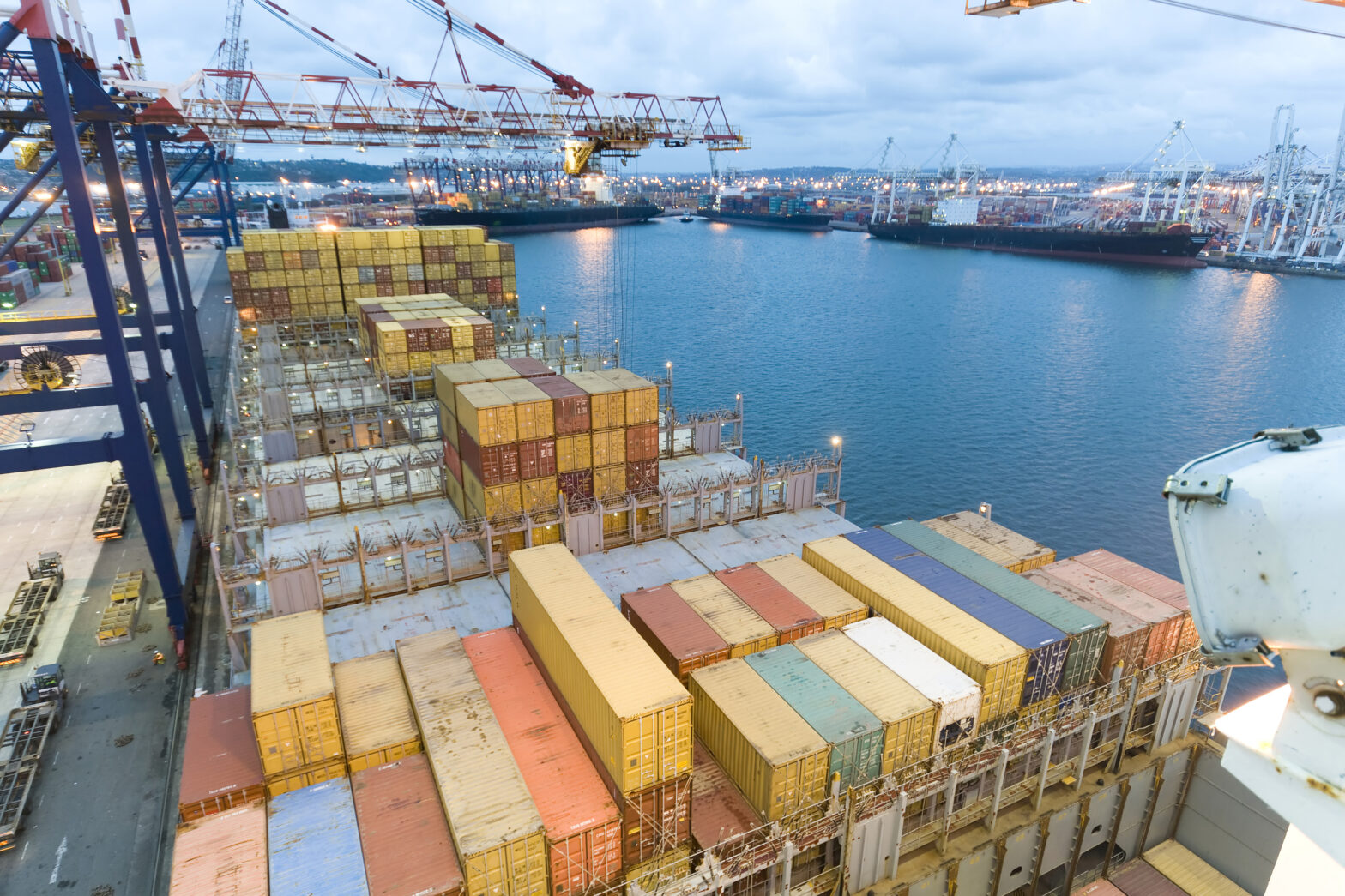As the EU repeal bill won its first Commons vote on September 12, the process of Brexit is now underway and the preparations done by UK businesses must be too.
However, since no country has ever left the EU before, predicting what this will mean for UK businesses hasn’t been easy for anyone.
This might be why only a third of UK businesses have made formal Brexit plans and less than half have had meetings to discuss it. The difficulty for many businesses is that Brexit is such a huge topic to tackle and many of the issues carry a great deal of uncertainty.
Breaking these up in to bite-size problems though can make Brexit a lot easier to digest and specific plans can start being made for the potential eventualities.
The single market
One thing that looks like it will certainly be different is that Britain will leave the European Single Market and consequently give up the four freedoms that it allows. These four freedoms include the free movement of capital, services, goods and finally labour within the EU.
The UK’s current negotiating position is freedom of movement for workers will not continue and is therefore in discussion over what degree of access there will be to the other freedoms. As these freedoms are intrinsically linked, it is likely this will involve some form of tariff access which will probably increase costs.
If your business relies on any of these freedoms it will be certainly be worth considering how this is going to affect you going forward. This doesn’t mean changing your whole business model but instead treating it like any other challenge and planning accordingly to avoid any surprises.
But is it time to start exporting?
It’s estimated only one in five UK businesses export yet interest from abroad for UK products is currently soaring because of the depreciation of the pound. While sterling may recover over time, why not take advantage of the current situation and get your company selling its expertise, services or products to international customers.
Research has shown companies that export to foreign markets are more competitive, innovative and likely to survive. This means the benefits of exporting can be felt not only on the balance sheet.
If you already export to the EU, consider applying for Authorised Economic Operator (AEO) status. It’s not mandatory but it works as a ‘trusted trader’ stamp for a company which all EU countries can apply for. This can mean a ‘fast track’ for shipments through some customs, safety and security procedures. Lowering the costs of crossing borders this way may help offset any potential future tariffs, as well as saving you valuable time.
Currency
It’s likely there will be more fluctuations in the value of the pound in the next few years as the uncertainty of Brexit is felt in the markets. These markets are likely to be particularly volatile around the time we leave the EU and so taking steps to mitigate against this risk now could save you some trouble down the line.
If you currently trade with the EU, this could mean introducing clauses that exclude you from tariffs or taxes should they be introduced. Take some advice about the process of amending contracts to give your company flexibility when the UK’s position is revealed, whether that is the option to alter or terminate the contract should the terms of the trade deal not suit you.
If your company is involved in lots of international money transfers, brokers that offer fixed rates for a set period could help you operate with more certainty going forward. This could potentially save you a considerable amount of money and stress should the markets react drastically again.
Invest in your workforce
If you currently hire workers from the EU, take steps to make sure they will be able to continue to work for you legally. Many expect current EU nationals to be granted permission to stay but it’s worth checking to see if there are any processes that you can get underway to protect your employees or put worried minds at ease.
In the uncertainty ahead, retaining your workforce will be key to a smooth exit process. Investing in education and training for your staff is a great way to retain top talent. Performance related bonuses can also have a positive impact on productivity along with other flexible benefits.
Protecting the continuity of your business starts with the staff that you hire. At Canagan, we’ve had success with a companywide bonus scheme that rewards everyone when targets are met.
Too many changes could backfire
Reconfiguring your whole supply chain for a hard Brexit could backfire if the country ends up with favourable trading rules. Moving your manufacturing or sourcing outside the UK could invite unnecessary costs later down the line if things turn out differently to how you expected.
Yet, a hard Brexit could include a shift to World Trade Organisation tariffs which range from 2 per cent to 13 per cent on all exports and imports. Currently, many businesses on the UK have had their supply chain costs affected by the depreciation of the pound. While it looks like many have absorbed those costs for the time being, if these rules are introduced it can help to know how much your costs will increase by. This will give you a chance to realistically judge how much of these costs can be absorbed or will have to be passed on to your customers.
Eddie Milbourne is founder of Canagan.





